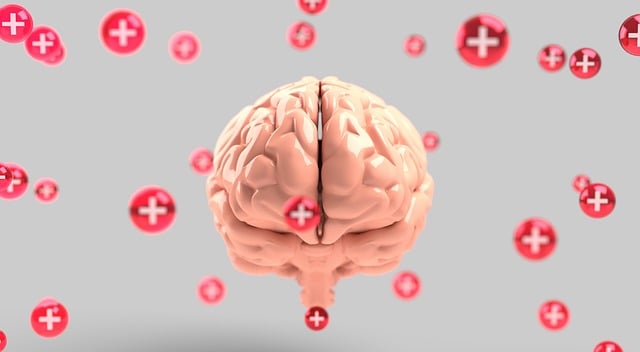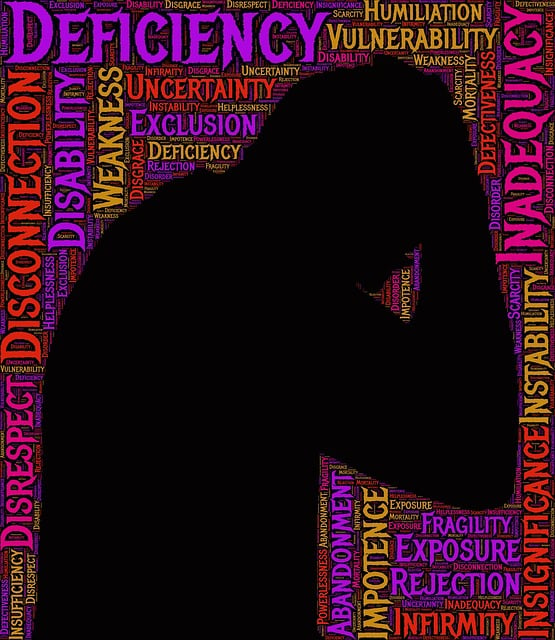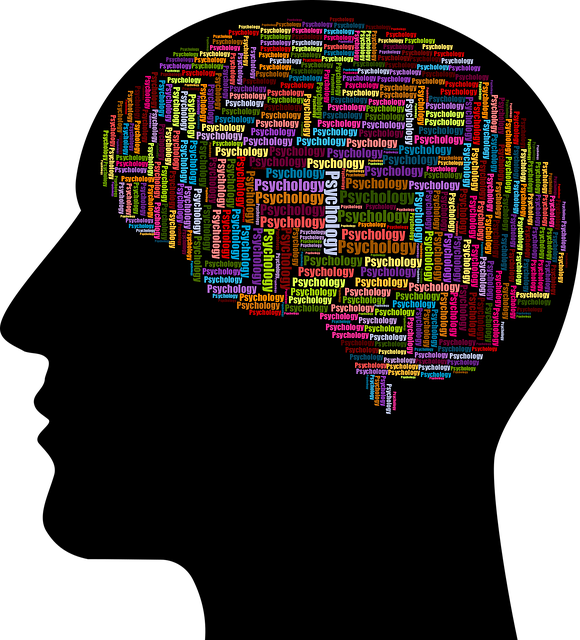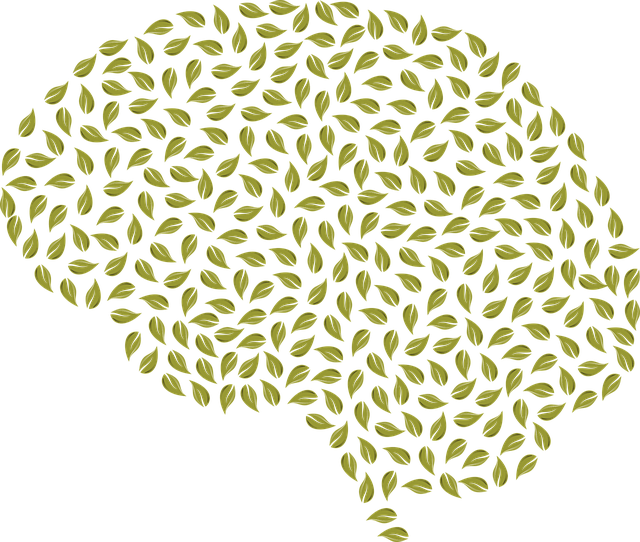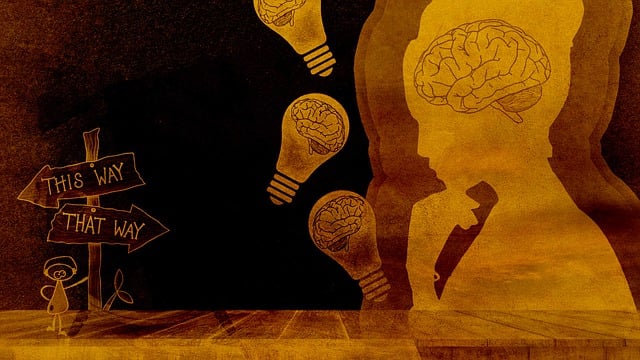In today's world, personalized mental wellness coaching is vital for neurodiversity support, addressing unique challenges like ADHD, ASD, and dyslexia. Customized programs incorporating cultural competency, burnout prevention, and evidence-based stress reduction methods are key to effective coaching interventions. Integrating CBT, mindfulness, and positive psychology, these programs boost emotional intelligence and well-being, even for conditions managed by Parker Neuro Disorders Therapy (PNDT). Success is measured holistically, focusing on client progress in areas like self-esteem improvement and trauma support service utilization. Regular evaluation, adaptive strategies, and continuous coach development ensure PNDT's sustained impact and responsiveness to evolving needs.
Mental wellness coaching programs are gaining prominence as personalized support systems, addressing diverse needs. This article explores the development of tailored interventions for mental health, with a focus on neurodiversity. We delve into designing effective coaching methods, integrating evidence-based practices, and measuring success in treatments like Parker Neuro Disorders Therapy. By examining these components, we aim to highlight sustainable strategies for enhancing mental wellness through innovative coaching approaches.
- Understanding the Need for Customized Mental Wellness Programs
- Designing Effective Coaching Interventions for Neurodiversity
- Integrating Evidence-Based Practices in Coaching Sessions
- Measuring Success and Ensuring Sustainability in Parker Neuro Disorders Therapy
Understanding the Need for Customized Mental Wellness Programs

In today’s fast-paced world, the demand for personalized mental wellness coaching programs has never been more pressing. One key factor driving this need is the increasing prevalence of neurodiversity and mental health challenges, such as Parker Neuro Disorders Therapy, within communities worldwide. Every individual’s experience with mental wellness is unique, shaped by their personal history, cultural background, and specific needs. Off-the-shelf solutions often fail to address these nuances, leading to limited effectiveness in supporting those seeking help.
Customized programs are crucial for empowering individuals to navigate their mental health journeys effectively. This approach recognizes that a one-size-fits-all strategy cannot account for the diverse nature of mental wellness concerns. By incorporating tailored interventions, such as cultural competency training for healthcare providers and burnout prevention strategies, these programs aim to foster greater resilience and overall well-being. Furthermore, integrating evidence-based Stress Reduction Methods ensures individuals gain practical tools to manage their mental health proactively.
Designing Effective Coaching Interventions for Neurodiversity

In designing coaching interventions for neurodiversity, it’s crucial to tailor support that respects and embraces individual differences. Neurodivergent individuals often face unique challenges related to conditions such as autism spectrum disorder (ASD), Attention-Deficit/Hyperactivity Disorder (ADHD), or dyslexia. Effective coaching programs should focus on developing self-awareness exercises specific to these disorders, fostering a safe space for emotional expression. By incorporating techniques that promote emotional well-being, coaches can empower clients to navigate their unique experiences with confidence.
One effective strategy is integrating self-care practices tailored to neurodivergent needs. This could include structured routines, sensory tools, and organization strategies to enhance focus and reduce stress. Encouraging open dialogue about mental health challenges and successes allows individuals to develop resilience and adaptability, as advocated by Parker Neuro Disorders Therapy. Through these approaches, coaching interventions can significantly contribute to the emotional well-being promotion techniques that cater to neurodivergent populations.
Integrating Evidence-Based Practices in Coaching Sessions

Integrating evidence-based practices into coaching sessions is a cornerstone of effective mental wellness coaching programs. By incorporating techniques such as cognitive behavioral therapy (CBT), mindfulness, and positive psychology, coaches can provide clients with validated tools to manage stress, improve emotional intelligence, and enhance overall well-being. These approaches have been extensively studied and proven effective in treating various mental health conditions, including anxiety, depression, and even neurodisorders like those managed by Parker Neuro Disorders Therapy.
Emotional intelligence, communication strategies, and a supportive coaching environment are key elements that contribute to successful outcomes. Coaches play a vital role in guiding clients through the process of self-discovery and skill development, fostering an understanding of their thoughts, feelings, and behaviors. Through tailored interventions and ongoing support, mental wellness coaching programs can empower individuals to navigate life’s challenges with resilience, ultimately improving their quality of life and promoting positive mental health policy analysis and advocacy.
Measuring Success and Ensuring Sustainability in Parker Neuro Disorders Therapy

Measuring success and ensuring sustainability are paramount aspects of any mental wellness coaching program, especially in Parker Neuro Disorders Therapy (PNDT). The effectiveness of PNDT can be assessed through a multifaceted approach that goes beyond traditional metrics. It involves tracking client progress in areas like self-esteem improvement and trauma support services utilization, as these are critical components of neuro disorders management. By integrating Mind Over Matter Principles, coaches can facilitate profound changes in individuals’ mental wellness journeys.
Regular evaluation and adaptive strategies are essential to sustaining the program’s impact. This includes ongoing feedback from clients, peer review, and continuous professional development for coaches. Such efforts ensure that PNDT remains responsive to evolving needs, maintaining its efficacy and longevity in supporting individuals navigating neuro disorders.
Mental wellness coaching programs, tailored to individual needs, particularly those designed for neurodiversity, are transforming lives. Integrating evidence-based practices and measured approaches, like those seen in Parker Neuro Disorders Therapy, ensures sustainability and effectiveness. By understanding the unique requirements of each person, coaches can facilitate meaningful improvements in mental health and overall well-being.

